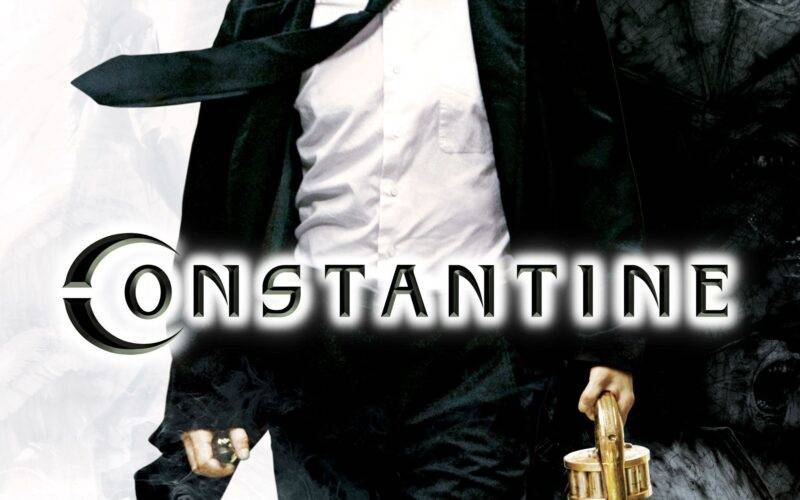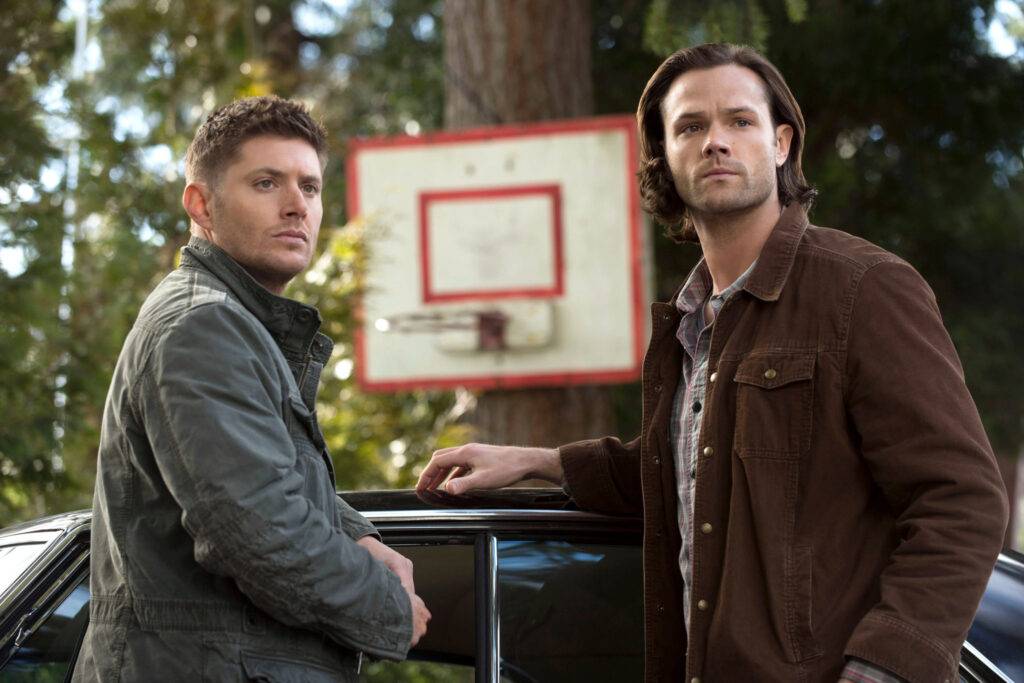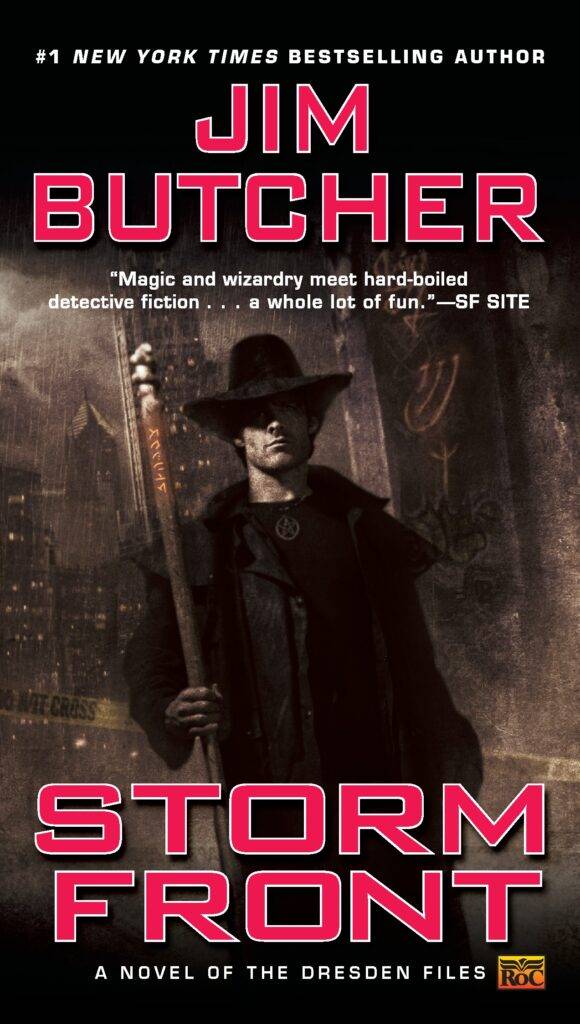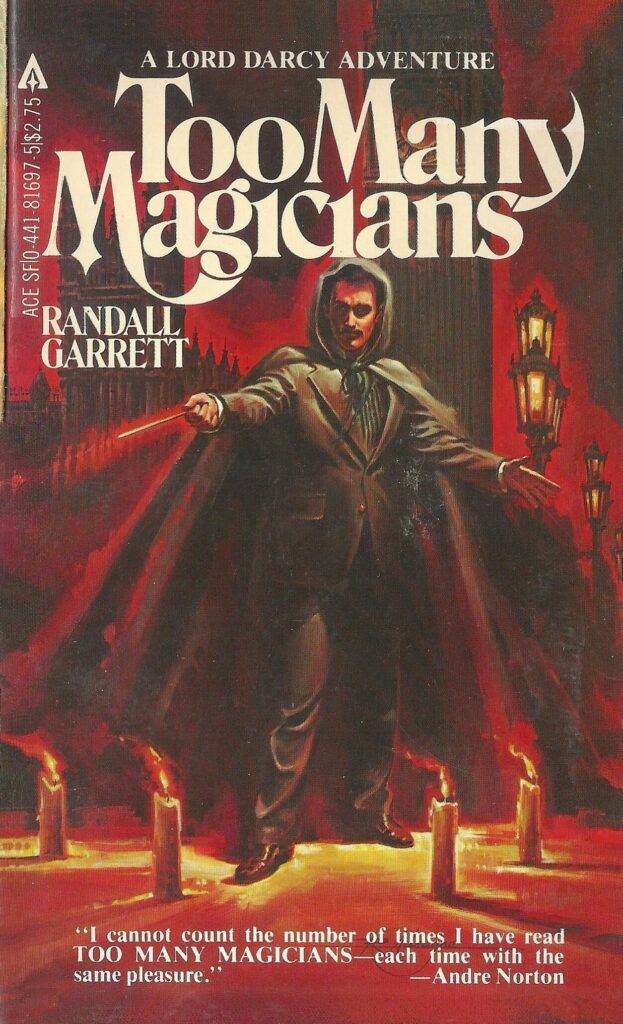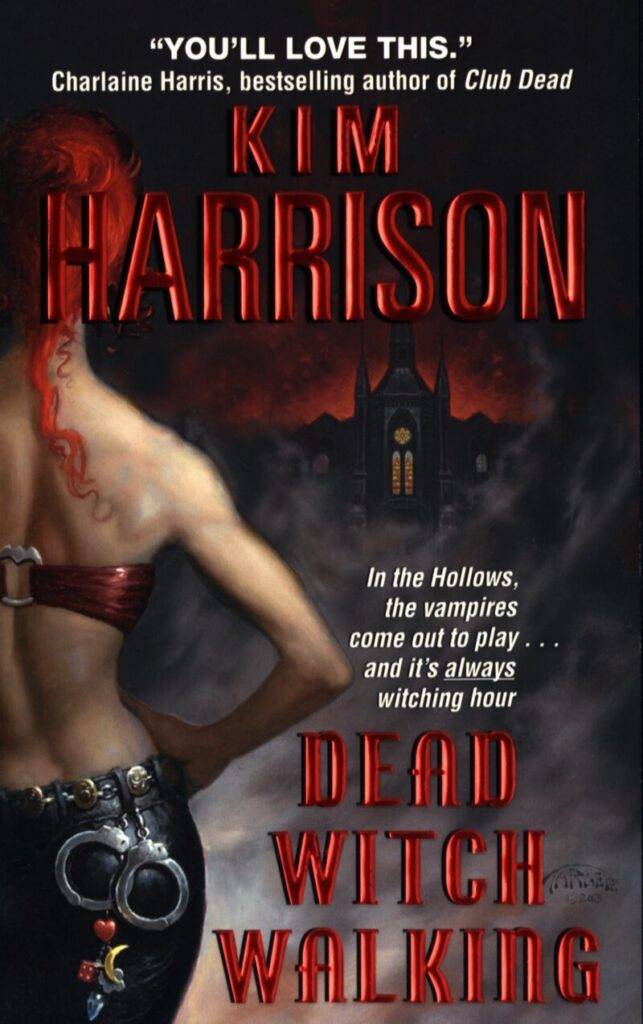Introducing themes of one genre into another genre has always been a common practice in literature. For example, horror and comedy, history and fiction, and everyone’s favourite, any genre and romance. One of the more obscure combinations is the one with detective fiction and supernatural, called occult detective fiction.
It is a sub-genre of detective fiction where horror, fantasy, and supernatural intersect. As opposed to traditional detectives, who hunt down human criminals, an occult detective investigates cases with shades of the supernatural. That refers to exciting encounters with demons, ghosts, vampires, as well as monsters, magical entities, and curses. The person may be a supernatural entity themselves or an expert in dealing with said beings.
The detective is quite easy to imagine – long trench coat, maybe a hat, but still looking dishevelled. Their way of talking is tough, but full of knowledge about magic and fantastical laws. But their way of appearance also changes according to the plot. The occult detective usually comes across as a smart, intuitive person, especially in worlds where supernatural beings are members of society. In such cases, the person conducts their investigations like a typical detective.
However, if the supernatural world is obscured from society, this detective often seems like a crazy person, talking about things that aren’t there. But they do have an important role to play – hiding the supernatural’s existence while acting as a bridge between them and humans.
Occult-ish Birth of the Occult Genre
Occult detective fiction originated in the 19th century, growing alongside gothic literature. Admittedly, the works produced back then were scattered, counted under gothic or horror fiction due to the overlapping elements. However, spiritualism, a concept that believes in the existence of the spirit, emerged in the mid-19th century, increasing the fascination with the supernatural.
As a result, gothic and horror literature took a natural turn towards investigative mysteries. The books of this genre showcased a plot rooted in reality but with the twist of fantastical characters. It is this blend of realism, intellectualism, and the supernatural that lured the readers into favouring it.
One of the first ever examples is Dr. Martin Hesselius, a Swedish doctor fascinated by the supernatural and occult. He appears as the narrator in In a Glass Darkly (1872), a collection of short stories by Sheridan Le Fanu. Dr Hesselius, with his rational personality and supernatural deduction skills, contributed to shaping the archetype.
Another example comes from Bram Stoker’s Dracula (1897) in the form of Professor Abraham Van Helsing. He may be counted as a vampire slayer – or a monster hunter – in today’s pop culture now. But his wealth of occult knowledge, rational thought process, and deduction abilities cemented his existence as the early occult detective.
Monster Hunters Versus Occult Detectives
In many instances, monster hunters have been confused with occult detectives. While they have a similar line of work, their very archetypes are starkly different. Monster hunters track down and destroy mystic creatures such as vampires, werewolves and monsters. They are skilled fighters and are always seen carrying their choice of weapon. Society relies on them to eliminate baleful supernatural beings.
On the other hand, occult detectives also track the same creatures, but it’s to unravel the mystery of their presence or actions. The focus of the stories of this archetype is the investigation, where the detective uses their occult knowledge to solve supernatural cases. To put it simply, think of Sherlock Holmes going around to track down vampires and werewolves by applying his insights on the occult world. You don’t exactly have to imagine, as The Hound of the Baskervilles has Holmes playing occult detective for most of the story.
However, the lines between these character archetypes are blurry. Thus, it’s not surprising to see a monster hunter being labelled as an occult detective and vice versa.
Key Elements of Occult Detective Fiction
As there are a lot of genres involved – gothic, horror, mystery, and supernatural – you can’t pin down occult detective fiction in one sentence. But there are elements it utilizes, which are present in most of the works. Some of these are:
- Supernatural entities
More often than not, occult detectives are seen battling paranormal problems in their investigations. These problems manifest in the form of demons, ghosts, vampires, werewolves, and curses. They cause problems in society, that are large-scale enough to get the detective’s attention. In fact, without these supernatural beings, the plot will remain only as a regular mystery fiction!
- Ominous atmosphere
Having its roots grounded in gothic and horror, the books of this genre feature a singularly ominous atmosphere. It is characterized by haunted places, mysterious forests or abandoned buildings as well as constant dark and eerie weather. Symbolism is used generously, often to either foreshadow or plant clues for the detective to stumble across.
- Knowledgeable depiction of the occult
The occult detective is someone who has expertise in the occult. This is usually shown through their educational qualifications or an earnest interest in the paranormal. They can also be part of the supernatural, giving them access to ancient legends, rituals, and mystic practices. Since the genre itself focuses on supernatural cases, the knowledgeable depiction of the occult becomes an obvious central element.
- Natural versus Supernatural
The occult detective, unlike normal investigators, always finds themselves walking on the thin line between the natural and supernatural world. They must display their knowledge, bravery, and creativity to solve the cases all the while balancing the peace existing among the two. This element is not present in all the occult detective works, but the novels with this conflict have an intriguing, tension-filled plot.
The Quintessential Occult Detectives
You will find many occult detectives hiding in the pages of detective fiction. But some of the most exemplary ones – the detectives that help define the genre – are right here!
- Harry Dresden – The Dresden Files
The Dresden Files is a popular book series in the world of occult detective fiction. Written by Jim Butcher, it features the investigative explorations of Harry Dresden, a private investigator and wizard. In his world, paranormal beings and humans co-exist, with many cities governed by supernatural groups. They are often confronted by an organization of human wizards who have considerable status in both worlds.
Harry Dresden is the only wizard and detective in the United States, working on supernatural cases with both humans and non-human people. He collaborates frequently with the police department of Chicago, assisting them with magical and paranormal cases. Due to his job, Dresden commonly confronts vampires, werewolves and faes and uses his wizardry to cast spells, make potions, and take part in rituals.
- Lord Darcy – Too Many Magicians
Randall Garrett is renowned for envisioning Lord Darcy, a quintessential occult detective modelled after Sherlock Holmes. First appearing in Too Many Magicians, Lord Darcy is the chief criminal investigator for a Duke in an alternate world where magical rules help the earth function rather than rules of physics. He is always dressed as an English aristocrat and speaks many languages fluently.
In the book as well as the short stories collections, Lord Darcy is shown to possess massive occult knowledge and sharp analytical skills. He uses them to hunt down supernatural criminals and solve magical crimes. Elevating these intense investigations are Lord Darcy’s puns and references to other works of detective fiction, making it a fascinating read.
Lord Darcy has appeared in works by someone other than Garrett! Michael Kurland published two books featuring the detective after the original author’s death, portraying this unique world with his own style.
- Rachel Morgan – The Hollows
The Hollows, also known as the Rachel Morgan series, is a series of more than 15 novels, a handful of short stories and graphic novels. All these works, authored by Kim Harrison, feature an alternate universe where conflict is constant between humans and supernatural species. Rachel, a bounty hunter witch, collaborates with police and local authorities to solve these conflicts. Thus, she is always working on supernatural and human cases, coming across plenty of entities throughout the series.
Rachel often taps into her magical side to move the investigations forward and face the supernatural criminals. But the series is also intense, laced with political struggles, dangerous secrets and threats to her morality. There is another storyline focusing on the witch’s personal life, and it’s as exciting as her investigations – if not more!
Final words
Occult detective fiction is a unique blend of elements borrowed from different genres, resulting in a nail-biting supernatural mystery. This has contributed to the popularity of the occult detective as a unique archetype, which the media explores in any way possible. Series like Supernatural and The Dresden Files and movies like Constantine and Angel Heart are proof of that!

